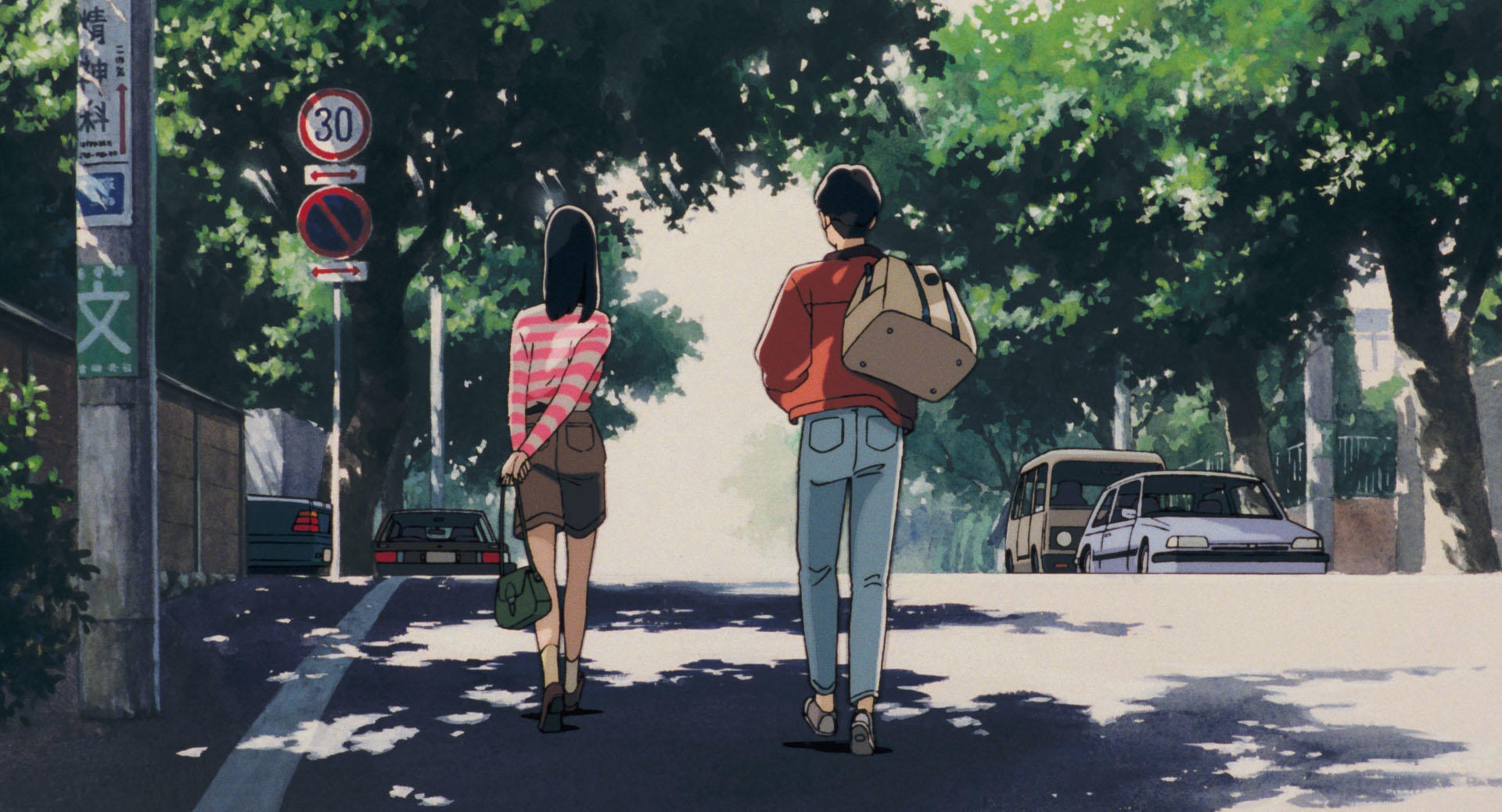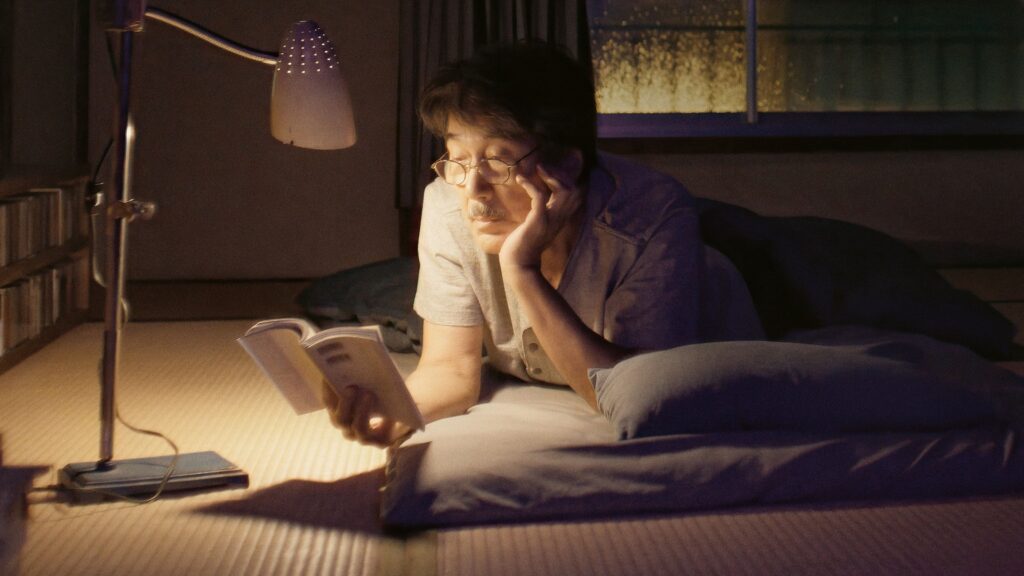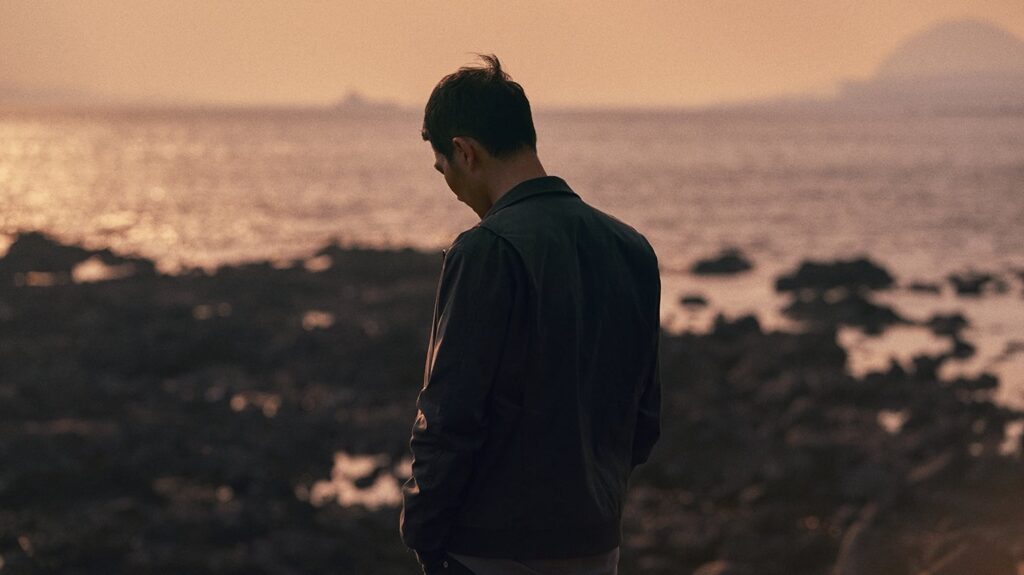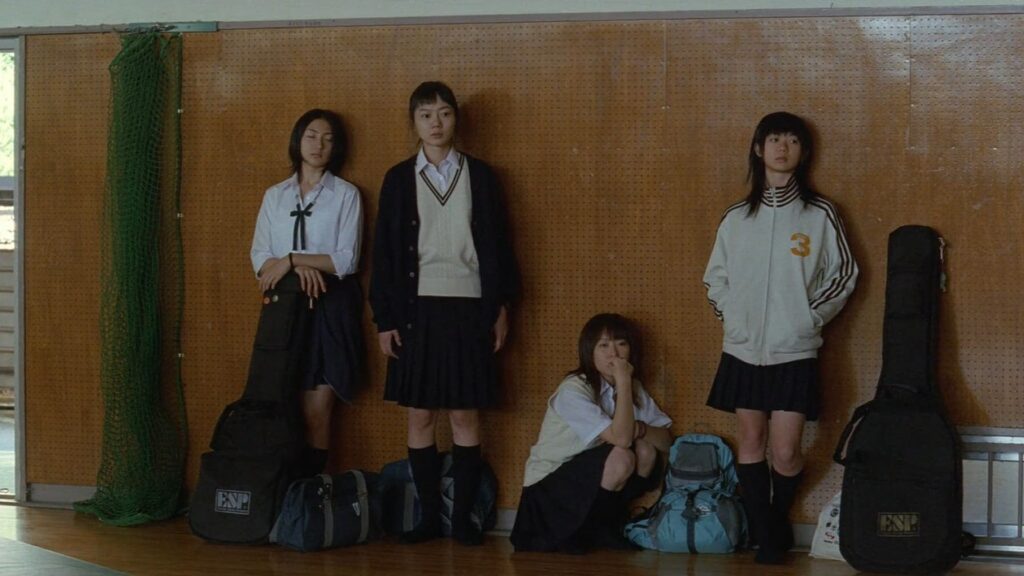
Right away, I want to say that Ocean Waves is, without a doubt, one of my favorite Studio Ghibli films. While first place goes to Princess Mononoke, Ocean Waves comes in as a strong second. It’s such a beautiful and excellent standout—not just among Ghibli films, but in the entire genre of slow-paced slice-of-life movies, which I have a real soft spot for.
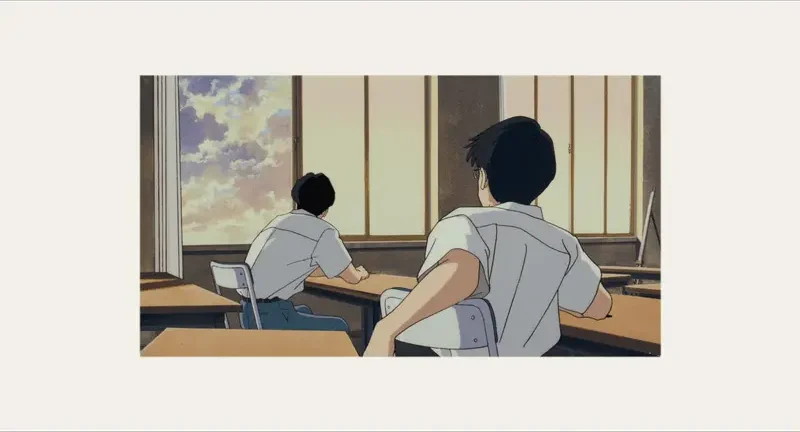
I’ve never understood the hate and disdain this movie gets. It’s often shoved to the bottom of Ghibli rankings alongside Earwig and the Witch, and while I can’t say anything about Earwig (haven’t seen it yet), Ocean Waves is, in my honest opinion, exceptional. I am really not entirely sure why it makes me so happy, but the film and the soundtrack, composed by the amazing Shigeru Nagata, never fail to make me smile.
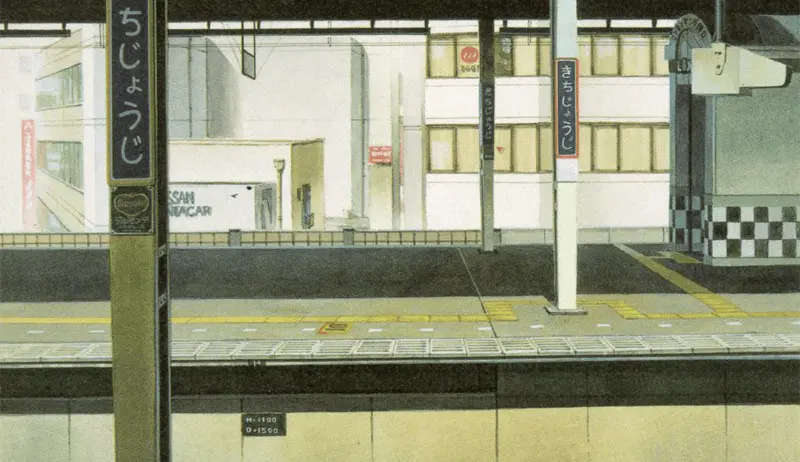
As the first Ghibli film not directed by either Miyazaki or Takahata, it’s worth taking a look at the director. Tomomi Mochizuki, just 34 years old at the time, was already quite the name. Before Ocean Waves, he had directed the special pilot and movie for Kimagure Orange Road, the anime adaptation of Here is Greenwood, co-directed Ranma ½, and storyboarded Code Geass. Clearly, Miyazaki and Takahata knew exactly what kind of director they were bringing in.
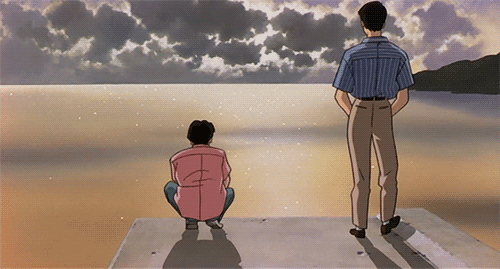
Later on, Mochizuki would go on to direct Yokohama Kaidashi Kikou: Quiet Country Café, which, in hindsight, makes his approach to Ocean Waves make perfect sense. The film is slow-paced, with a focus on setting and character action rather than strong story arcs. It plays out almost like a series of vignettes—glimpses into ordinary lives rather than a structured, plot-driven story. And in that, Ocean Waves absolutely excels.
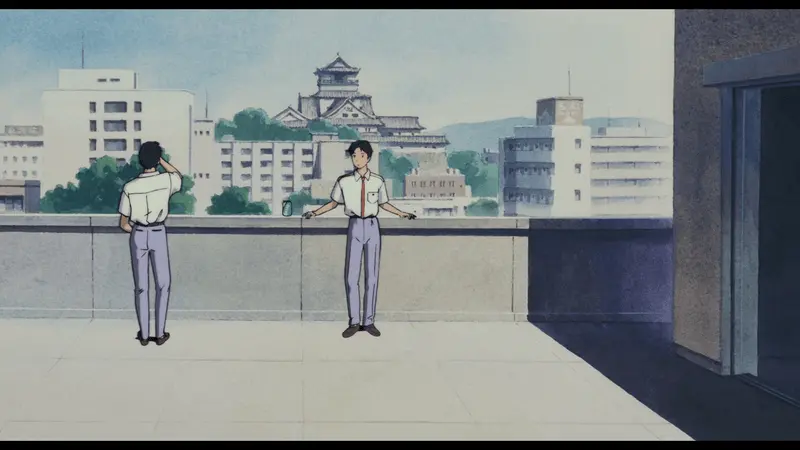
Now, about the characters. A weirdly common idea I’ve come across is that characters need to be likable. Whether they’re good or bad, evil or not, it doesn’t seem to matter as much as whether people like them. I don’t get it. Without trying to sound pretentious (or any more intellectual than my dog), I think what really matters isn’t likability but understandability. (Is that even a word? Word isn’t underlining it, so I’m keeping it.) A character doesn’t need to be charming or relatable—they just need to make sense. And in that regard, Rikako Muto is an excellent character, one I really like.
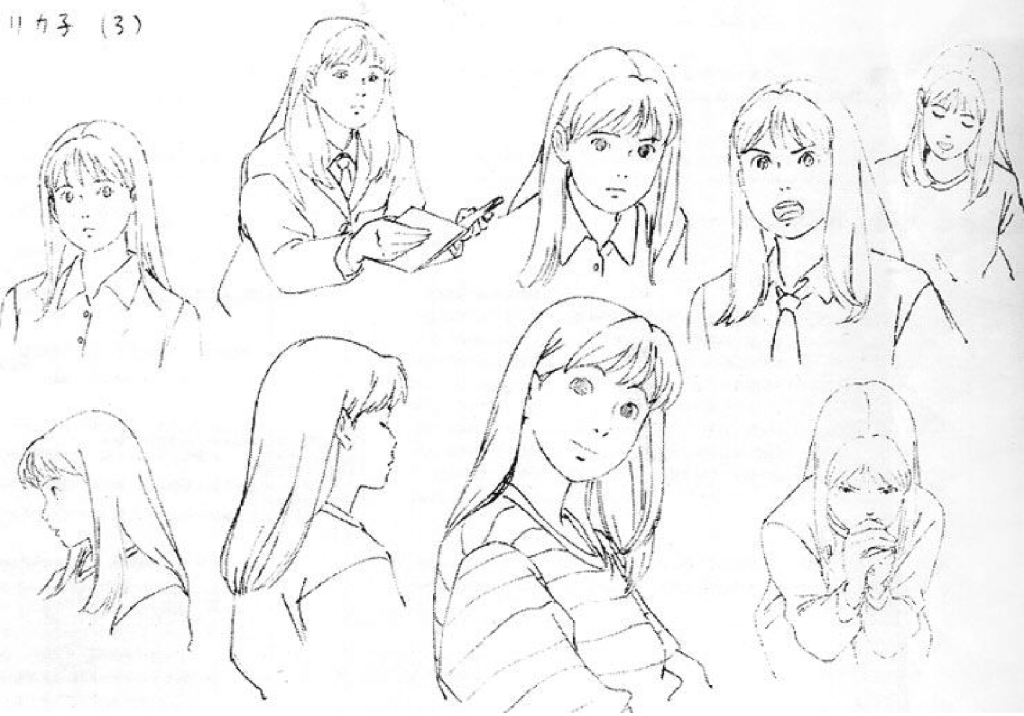
The most common critique towards this film is about Rikako. People find her unlikable, annoying, rude, and all-around just a bitch. (Their words, not mine. Pls.)

